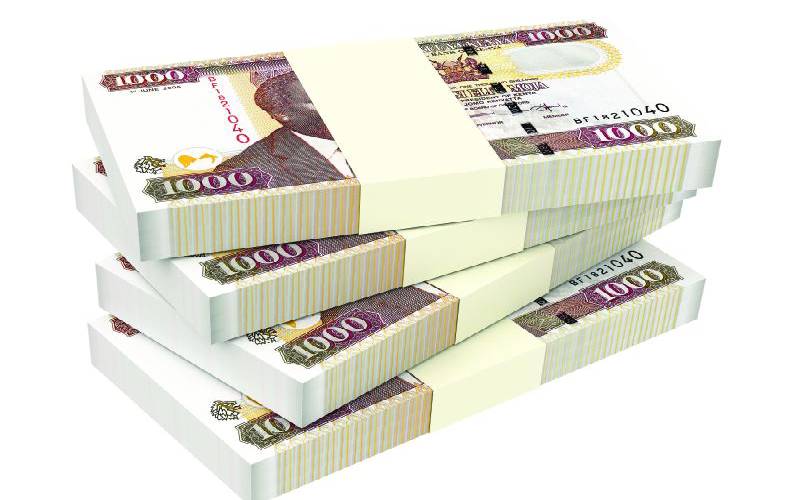×
The Standard e-Paper
Fearless, Trusted News
 Banks will not immediately repatriate to Central Bank of Kenya (CBK) all old Sh1,000 banknotes on September 30 when the currency will stop being a legal tender.
Banks will not immediately repatriate to Central Bank of Kenya (CBK) all old Sh1,000 banknotes on September 30 when the currency will stop being a legal tender.
However, they will be expected to have reported to CBK all the old notes they will have received by then, according to Kenya Bankers Association Chief Executive Habil Olaka.